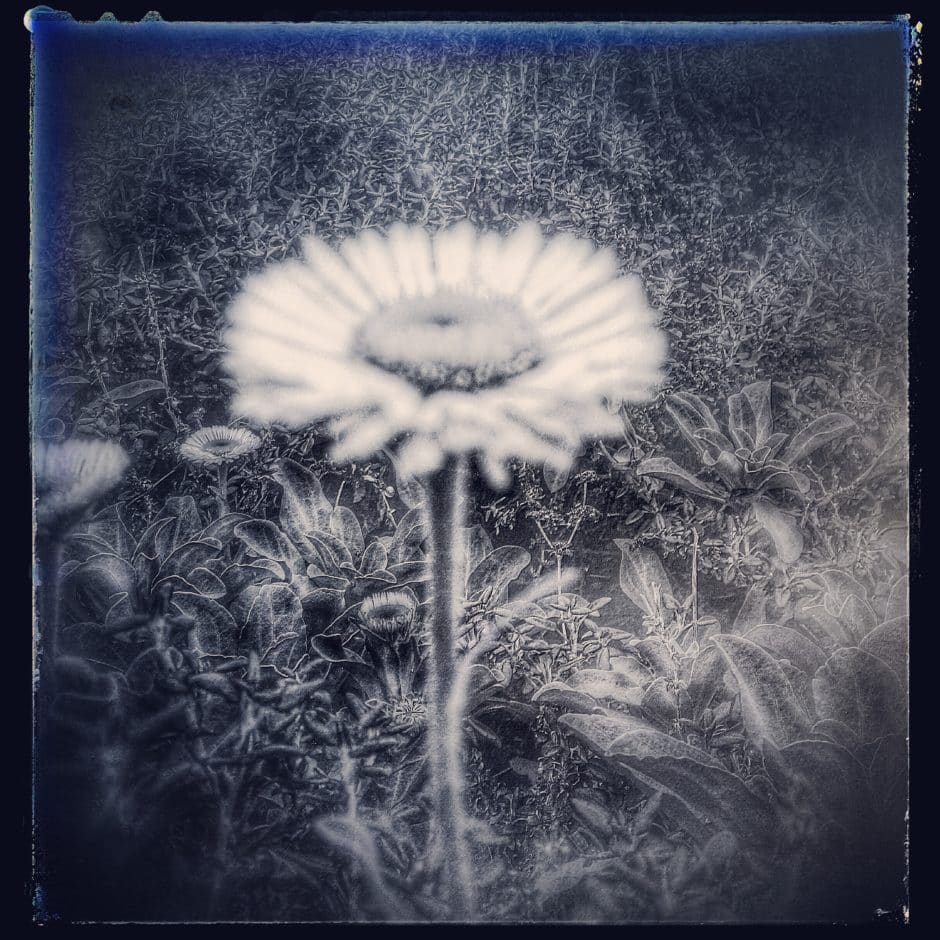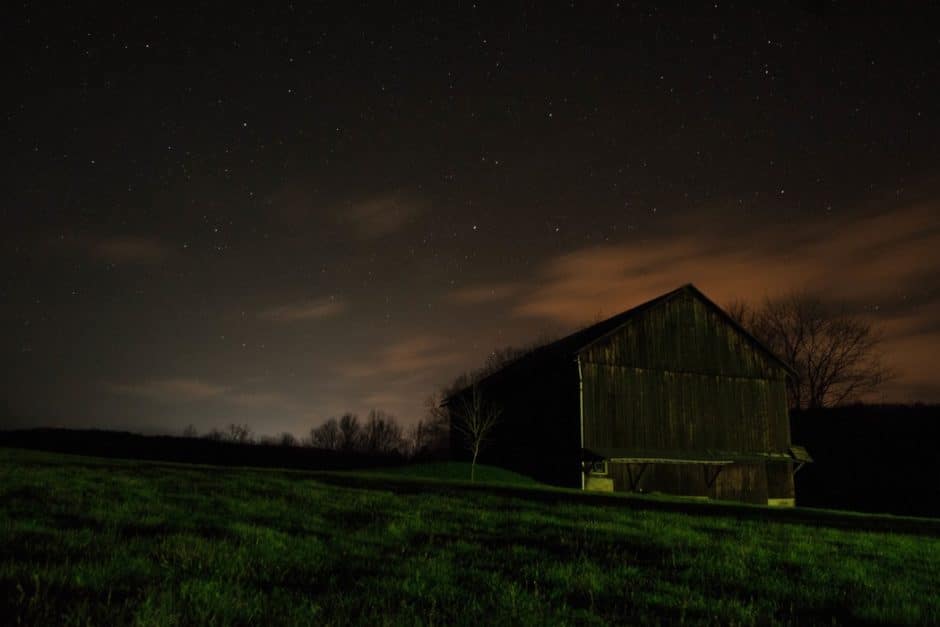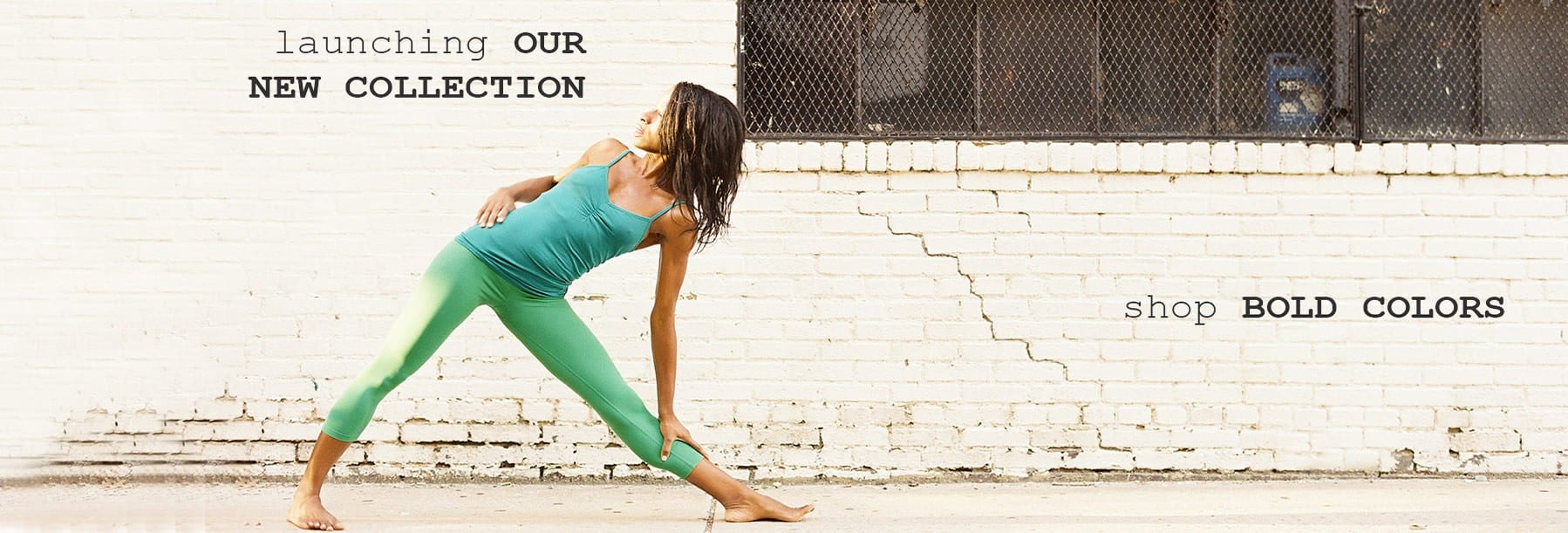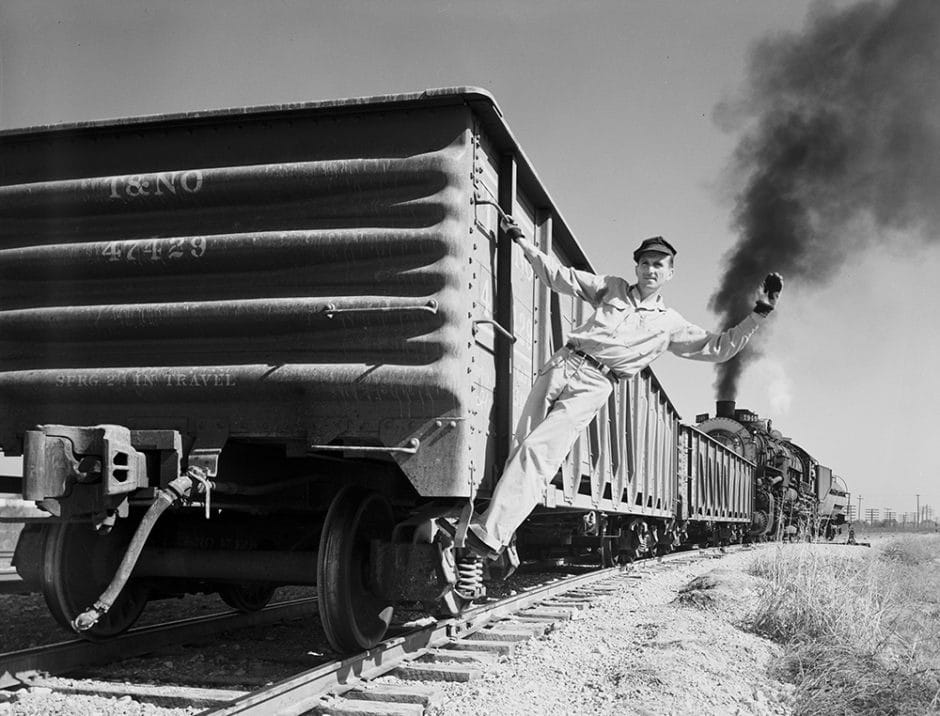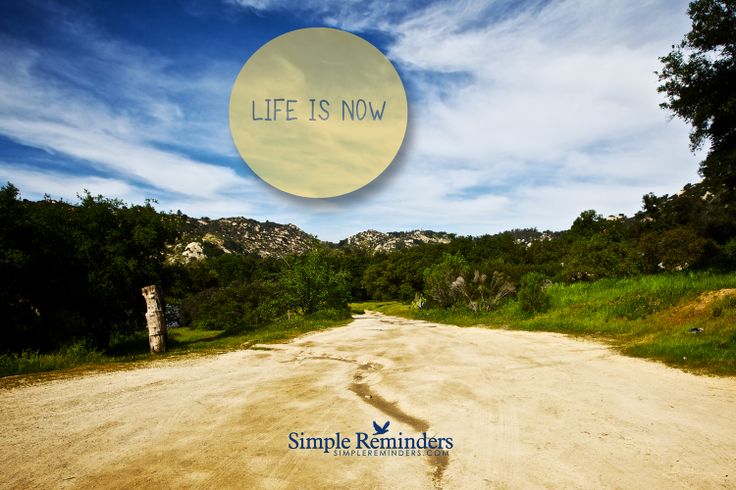By Lisbeth Welsh
I’d never been hit before. But then I’d never fallen in love with someone else’s husband before either. I sat there and took it. The screaming, the swearing, the cold hard sting as her hand connected with the left side of my face. After all I deserved to have to sit and take it. I had no leg to stand on. I had done it. Been in this affair. I was the other woman that was blowing her life and marriage apart. I deserved it.
Did I deserve for him to look the other way and allow her to hit me? For him to not try to stop her? For him to look away? To stare down at his feet?
But what did I expect, he’d continually allowed her to hit him in arguments throughout their marriage. Apparently. He could ‘take a punch’. Apparently. If he had spent 33 years letting her hit him, why would he stop her hitting me?
Three years later I still feel that sting. I still live on anti depressants and anti anxiety medications. I still don’t sleep properly. I still walk under the cloud. I still haven’t forgiven myself.
He was my boss. And so was she. Her name was the one that sold the brand. She was probably the one that had to sign my pay check every week. And every week she signed that check for me to hang out with her husband and for us to fall deeper and deeper in love.
I suspect she knew long before she confronted it. In fact no, I believe she willed us into being. I walked into working with a couple who were falling apart. Whose family was falling apart. Whose grown children were a mess and plagued with self destructive diseases and addictions.
“I hate him.” She would throw those words around every day. She would constantly stop, roll her eyes and mutter how hard it was to deal with him. “I’ve told him, he either gets medication or divorce papers.” The comments were endless. He never said one bad thing about her to me. He didn’t need to. She would say it all to me for him. Continue Reading…


